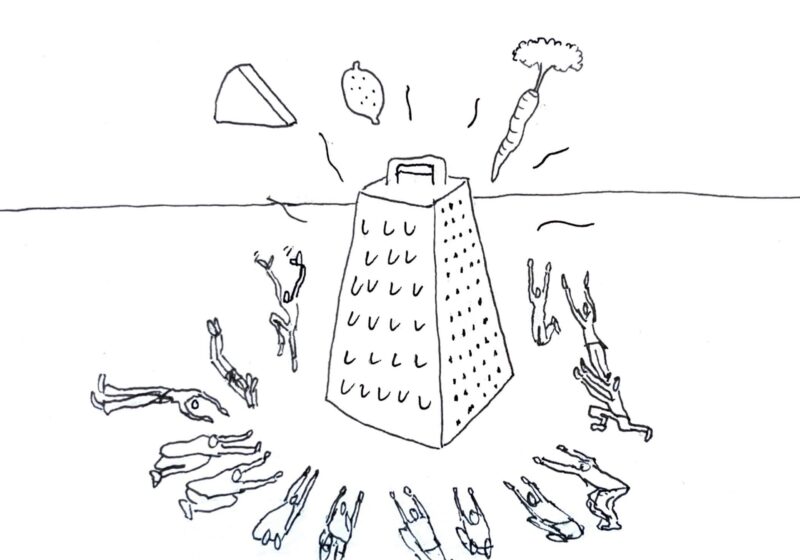In an attempt to increase transparency between the Financial Aid Office and University students, the financial aid ambassadors (FAAs)—a recently-formed group of students who act as liaisons between their peers and financial aid administrators—held a meet-and-greet on Friday in Havens Lounge.
The event, which was not well attended, stemmed from an initiative by various student organizations and the Office of Admissions and Financial Aid after the financial aid protests in fall 2014, where students voiced concern about decreasing financial aid packages.
“We are evolving our relationship with the Financial Aid Office and figuring out what specifically to do,” senior Nicholas Contento, one of the 13 new ambassadors, said. “Part of it is [bridging] a gap between the Financial Aid Office and students, because there is that concern that students feel disconnected from the Office, and have no idea where their packages are coming from.”
During their pilot year, the FAAs said they hope to close a perceived gulf between students and the Financial Aid Office by holding office hours, workshops on financial literacy, and focus groups that will serve as a way to collect data through anonymous student feedback.
Part of the ambassadors’ stated mission includes advocating for students in the Financial Aid Office and promoting “positive and meaningful” change in the aid process.
But the ambassadors’ roles are relatively undefined, by their own accounts. They stressed that this year would be focused on figuring out what, exactly, students wanted to see from the Financial Aid Office and how they could meet those needs.
Though she thinks it’s a move in the right direction, senior Kelsey Csumitta is wary that the student ambassadors will have any impact on how financial aid packages are determined in the future.
“I don’t think there’s anything that will change the ‘equation’ they use when calculating aid because they’re going to make as much money off each student as possible, no matter what,” she said. “The Financial Aid Office and other University leaders have continued to back the current process, so I don’t think these ambassadors are going to actually be able to impact financial aid, unfortunately.”
Senior Makenzie Gabriel agreed, suggesting that the Office of Financial Aid only started the ambassador initiative to “say they are ‘doing something’ to interact with the student body and possibly make changes, even though they probably won’t.”
“But I also think it’s nice that they’re somewhat trying, instead of just ignoring all the complaints,” she continued. “And I also think it might be easier to talk to other students about the issue rather than going right to the FA Office.”
The ambassadors, who are paid employees and may choose to hold their positions for as long as they are UR students, were appointed after going through an application process led by former UR student Niru Murali, then the SA executive director of student life, and advised by Dean of Admissions and Financial Aid Jonathan Burdick.
According to sophomore Rochelle Sun, another of the new ambassadors, an application was publicized in April that asked “for various things like reasons for interest, how Financial Aid has affected each applicant, and what level of aid we receive from the University.”
Sun said an effort was made to make the ambassadors as diverse a group as possible, in terms of demographics, amount of aid received, and organizations in which applicants were involved.
Senior George Mendez said he tried to apply to be an ambassador, but when he called the Financial Aid Office in September to ask about the process, he said “they had no idea what I was talking about.”
Ambassadors said the application was publicized, although archived University and Students’ Association (SA) Government emails as well as posts on the official SA Government Facebook page and website made no mention of it. The Financial Aid Office website, likewise, contains no information about the ambassadors.
The ambassadors were appointed with the endorsement of the SA Government, though they are not officially sponsored by SA.
Friday’s event was publicized on Facebook and in UR’s weekly “Weekend Highlights” email, where it was mistakenly listed as being held in Hirst Lounge, one floor below.
Burdick was traveling outside the U.S. and was not present at the event, but was there “in spirit,” according to the ambassadors. He could not be reached for comment.

